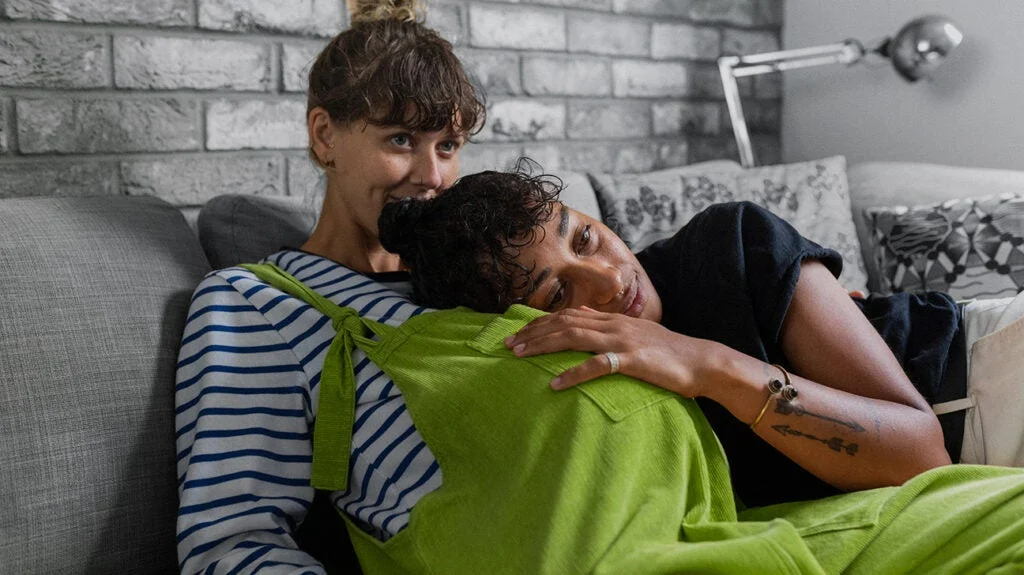Domestic violence is a pervasive issue that can leave profound scars on victims. This narrative illustrates the painful experiences endured by an individual named Rachel, who found herself trapped in a cycle of emotional and physical abuse.
Rachel recalls the hurtful words of her partner, a man named Justin, who often targeted her insecurities with cruel insults. His favorite epithet, “fat-ass,” struck her deeply, as it played on her lifelong struggle with body image. These verbal attacks were not merely random; they were calculated to diminish her self-worth, something Justin had begun two years prior when he professed his love only to retract it shortly thereafter. His upbringing, marked by familial dysfunction, led him to view women through a distorted lens—an unfortunate reflection of his past.
The relationship spiraled further into toxic territory when alcohol became a catalyst for conflict. What began as discussions about their relationship quickly escalated into vicious arguments. Rachel became accustomed to insults that were not just hurtful but also deeply personal. Initially, these confrontations occurred in private, but soon they spilled into public view, where Rachel was often left feeling humiliated and small.
Rachel’s defense mechanism involved pretending not to understand Justin’s harsh words, fearing that acknowledging them would make them real. This denial only reinforced Justin’s perception of her as naïve, leading her to internalize his criticisms over time. With each insult, Rachel found herself transforming into someone unrecognizable—a version of herself she despised.
The physical aspects of their relationship were equally troubling. After a particularly brutal argument, Rachel experienced a moment of shock when Justin hit her. Instead of revealing the monster he truly was, she found herself hoping that this act would finally expose the truth to those around her. However, the reality was starkly different; Justin manipulated perceptions, convincing others that Rachel was the unstable one.
Despite the emotional turmoil, Rachel remained entangled in the relationship. In her desperation for validation, she engaged in increasingly risky behaviors, including offering threesomes and gifts that strained her finances. Her once innocent love had morphed into a desperate need for Justin’s acknowledgment, leading her to compromise her own dignity.
Eventually, Rachel reached a breaking point. The last confrontation revealed Justin’s betrayals, including infidelities that had occurred right under her nose. He painted her existence as inconsequential, begging for forgiveness without any request for her to stay. This moment marked a turning point; Rachel recognized that she had to reclaim her life.
In the aftermath of their tumultuous relationship, Rachel began to rebuild. Although the scars remained, she slowly learned to embrace her self-worth. With time, she found true love in a partner named David, who provided the tenderness and kindness she had longed for. David helped her understand that love should not be conditional and that she was deserving of happiness.
Rachel’s journey toward healing is ongoing. Occasionally, shadows from her past resurface, reminding her of the painful labels she once internalized. However, she fights against these remnants, determined to overcome the lingering effects of her trauma.
For those experiencing similar struggles, it is crucial to seek support and resources. Organizations focused on domestic violence can provide necessary assistance, and tools for self-empowerment are invaluable. For more information on navigating the journey of family planning and home insemination, check out resources like this guide. You can also find authoritative information at Make a Mom, which offers insights on home insemination kits, and for understanding your options regarding fertility insurance, visit UCSF.
In summary, Rachel’s story highlights the complexities of overcoming domestic violence and the importance of reclaiming one’s identity and self-worth. Healing is a gradual process, but with the right support and resources, it is entirely possible to move forward and find genuine love.
